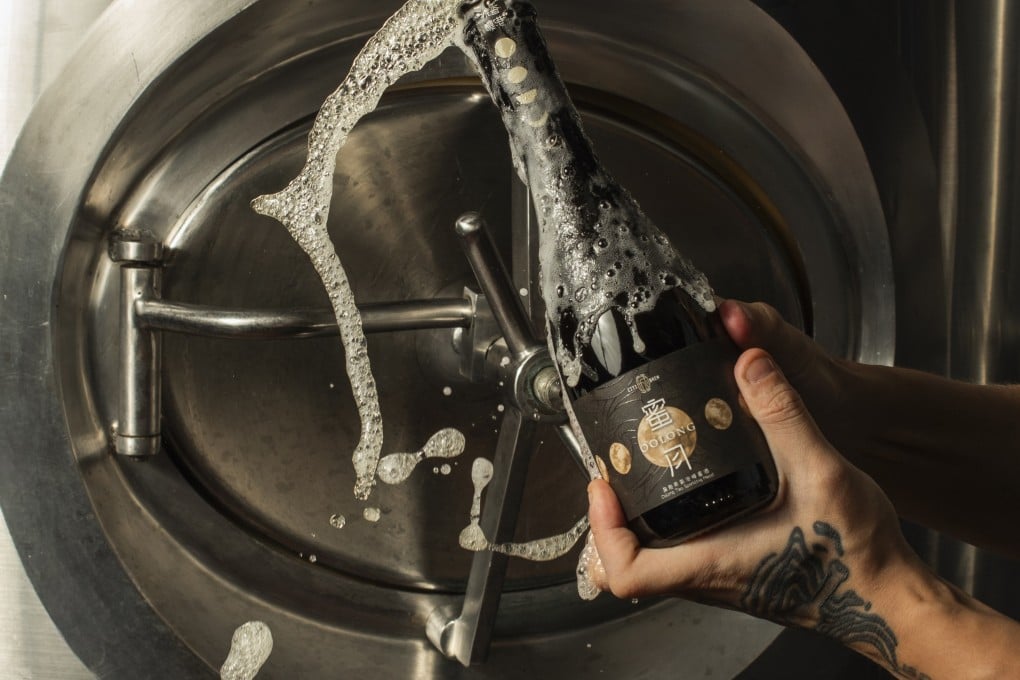Blame Game of Thrones? Mead could be the next big drinks trend for Gen Z
- The Lord of the Rings and Game of Thrones sparked an interest in the alcoholic brew enjoyed by thirsty knights
- More than 100 meaderies have opened in the US in the past two years – but making the medieval honey wine remains 8 times more expensive than beer

Danielle Busch admits it wasn’t just the failed attempt at making wine at home that encouraged her and her husband to try making mead. “He was watching Vikings on the History Channel at the time, and he’d played Dungeons & Dragons a lot before that,” chuckles the co-founder of California-based Batch Mead. “So, yes, he had heard of mead, but, like many people, he wasn’t quite sure what it was.”
Indeed, if The Lord of the Rings and Game of Thrones thrust mead into the spotlight – “I welcome you to our fires and offer you meat and mead in honour of our friendship,” as Bran Stark declares in an episode of the latter – that doesn’t mean viewers had much of an idea what it was either. It was just what was drunk in any series or film that featured men wearing tights or a vaguely medieval setting.
“If people know anything about it, they tend to incorrectly think of mead as being very sweet and syrupy,” says Busch, who, somehow inevitably, is busy putting together an order for a forthcoming 15th century recreationalist event. You know, when people take period dressing – and drinking – a little too seriously.
Actually, mead is neither saccharine nor treacly but can be light, dry, rich, even savoury. It is, to be sure, ancient, with the kind of heritage any marketing manager would play up.
The tipple predates beer and wine, originating by chance, it is thought, in China’s Henan province in the seventh millennium BC. Just about every ancient culture would, in time, have its take on mead, which helps explain why it turns up in the writings of Aristotle and in the Old English saga of Scandinavian warriors and monsters, Beowulf.
What’s important is to encourage people to look at mead afresh, as a contemporary drink, and not as the ‘ye olde’ mead that I think makes many people decide it’s not for them before they’ve tried it. They don’t get home each evening and pillage their neighbour
